Geneva, Switzerland, has a rich history of urban development that spans centuries. Here’s a brief overview:
- Roman Origins (circa 120 BC): Geneva’s history dates back to Roman times when it was known as “Genua” or “Genava.” The Romans established a presence in the area, and Geneva became a strategic point for trade and military purposes.
- Medieval Period (5th-15th centuries): Geneva went through various rulers during the medieval period, including the Burgundians and the Holy Roman Empire. By the 12th century, it became a free imperial city, gaining a degree of autonomy.
- Reformation and Calvinist Influence (16th century): The 16th century was a significant period for Geneva. The city became a focal point of the Protestant Reformation under the influence of John Calvin. The city underwent significant social and religious changes during this time.
- Expansion of the Old Town: The Old Town of Geneva, with its narrow streets and historic buildings, reflects the medieval and reformation eras. The St. Pierre Cathedral, dating back to the 12th century, is a prominent landmark in the Old Town.
- 18th and 19th Centuries: Geneva saw further development during the 18th and 19th centuries. The city expanded beyond its medieval walls, and neoclassical architecture became prevalent. The Industrial Revolution brought economic growth, and Geneva became known for watchmaking and banking.
- International Organizations: In the 20th century, Geneva gained global significance as a hub for international organizations. The League of Nations, the precursor to the United Nations, was established in Geneva after World War I. The city continued to host various international organizations and diplomatic initiatives.
- Modern Urban Development: Geneva has experienced continuous urban development in the 20th and 21st centuries. The city has expanded, incorporating modern architecture while preserving its historic core. Infrastructure development, including transportation and public spaces, has been a focus.
- Cultural and Educational Hub: Geneva is known for its cultural institutions, museums, and educational facilities. The city’s commitment to international cooperation and humanitarian efforts has solidified its global standing.
- Lake Geneva: The presence of Lake Geneva has played a crucial role in shaping the city. The lakeside area is not only a scenic backdrop but also a central part of the city’s recreational and cultural activities.
Overall, Geneva’s urban development reflects a blend of historical richness, cultural diversity, and a commitment to diplomacy and international cooperation. The juxtaposition of medieval architecture with modern structures symbolizes the city’s ability to adapt and thrive over the centuries.

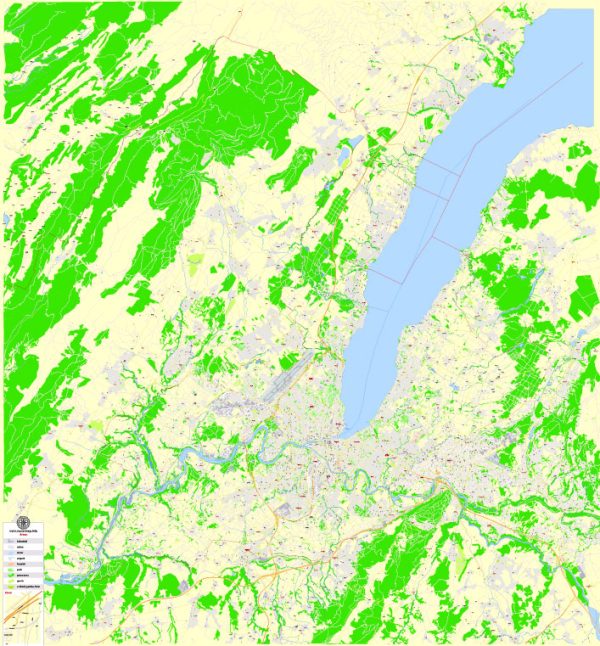
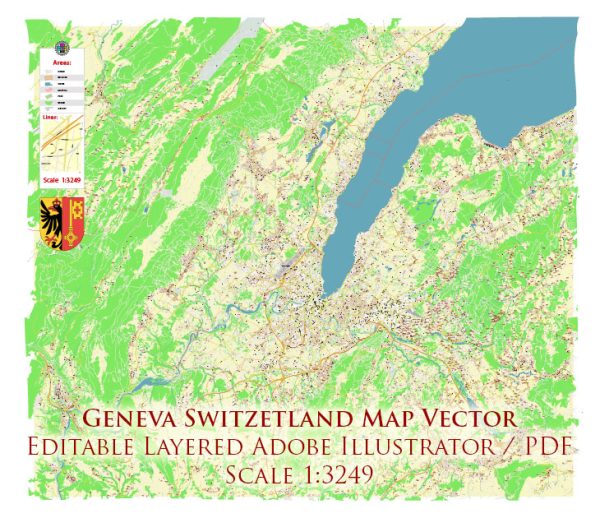
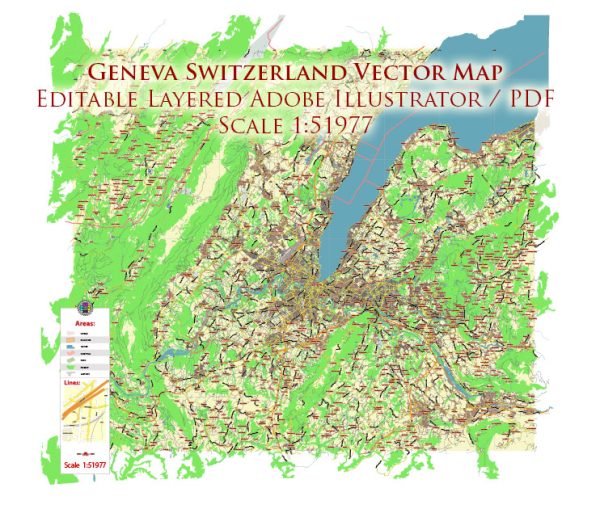
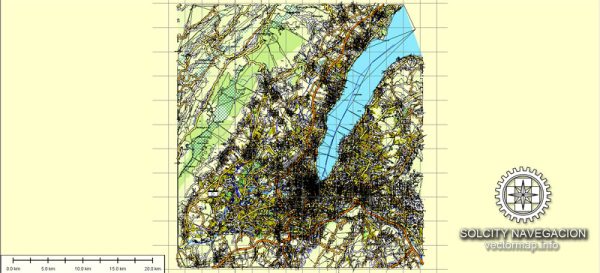
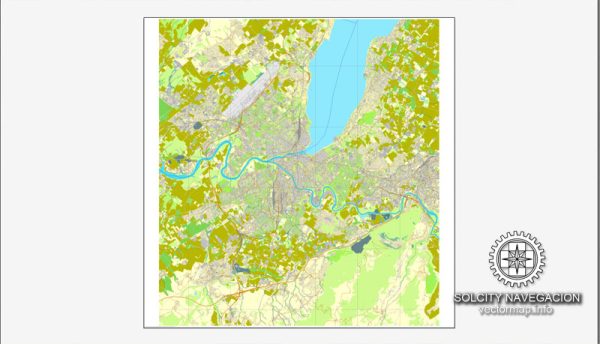
 Author: Kirill Shrayber, Ph.D. FRGS
Author: Kirill Shrayber, Ph.D. FRGS